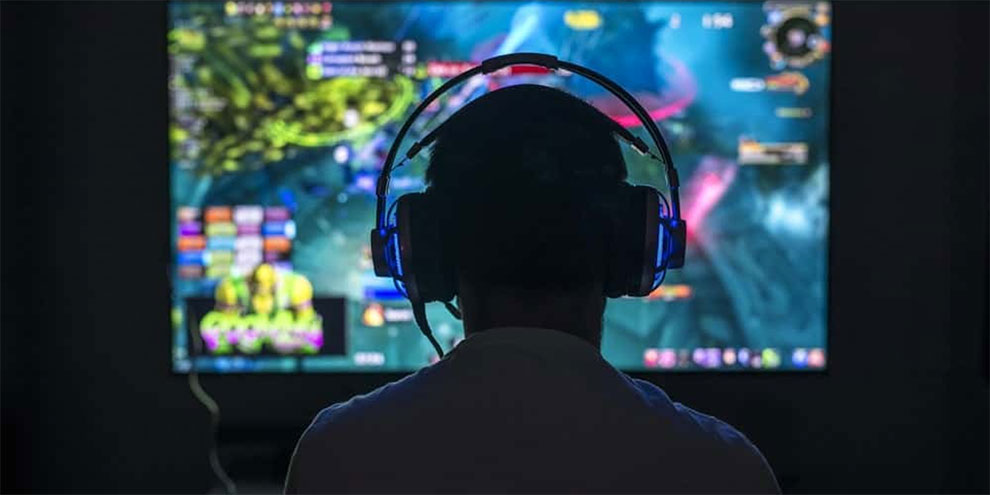In a world where the digital landscape is ever-expanding, video games have become a ubiquitous part of our daily lives. Often, they are criticized for their potential negative impacts, but what if we shift the lens to reveal a different picture?
The effects of video games on mental health are not solely detrimental; in fact, they can be profoundly beneficial. This article delves into the seven positive effects of video games on mental health, offering a fresh perspective that challenges the prevailing narrative. Prepare to embark on a journey that not only highlights the therapeutic aspects of gaming but also touches upon how it can lead to lucrative opportunities, such as earning income through platforms like Twitch. Let’s unlock the mental health treasure trove that lies within the gaming realm.
1. Stress Relief
One of the most significant effects of video games on mental health is their ability to act as stress relievers. Engaging in video games can transport players to a world of fantasy, allowing them to escape the pressures of daily life. The immersive experience can lead to a decrease in cortisol levels, the body’s primary stress hormone, promoting a sense of relaxation and well-being.
2. Enhanced Cognitive Function
Video games are more than mere entertainment; they are cognitive stimulants. They can improve memory, spatial navigation, and problem-solving skills. By constantly challenging the brain, video games keep mental faculties sharp and can even slow cognitive decline.
3. Social Connection
In the era of social distancing, video games have become a vital tool for maintaining social connections. Multiplayer games and online communities provide a platform for interaction, camaraderie, and friendship, which are essential for mental health. This sense of belonging can combat feelings of isolation and depression.
4. Emotional Resilience
The journey through video games often involves overcoming obstacles and facing challenges. This can build emotional resilience as players learn to cope with in-game failures and frustrations, which can translate into real-life resilience.
Read more: FDA APPROVES FIRST TREATMENT FOR SEVERE FROSTBITE, REDUCES RISK OF AMPUTATION
5. Therapeutic Use
Video games have found their place in therapeutic settings, aiding in the treatment of conditions such as PTSD, anxiety, and depression. The controlled environments in games can be used by therapists to help patients confront their fears and practice coping strategies in a safe space.
6. Skill Development
Beyond entertainment, video games can be a source of skill development. Strategic games, for instance, enhance planning and resource management skills. These skills are not only applicable in-game but can also be transferred to real-world situations, contributing to personal and professional growth.
7. Income Generation through Gaming
The effects of video games on mental health extend to financial well-being. Platforms like Twitch allow gamers to turn their passion into profit by streaming their gameplay. As streamers build their audience, some may even consider the option to buy 10 real Twitch live viewers to kickstart their viewership and grow their channel, leading to potential income through sponsorships, donations, and subscriptions.
Conclusion
The effects of video games on mental health are multifaceted and often positive. From stress relief to skill development, and even income generation, gaming can contribute to a balanced and fulfilling life. As we recognize and embrace these benefits, it’s essential to maintain a healthy relationship with video games, ensuring that they serve as tools for enhancement rather than escapism. Let us not overlook the potential of video games to improve mental health and empower individuals in both virtual and tangible worlds.

